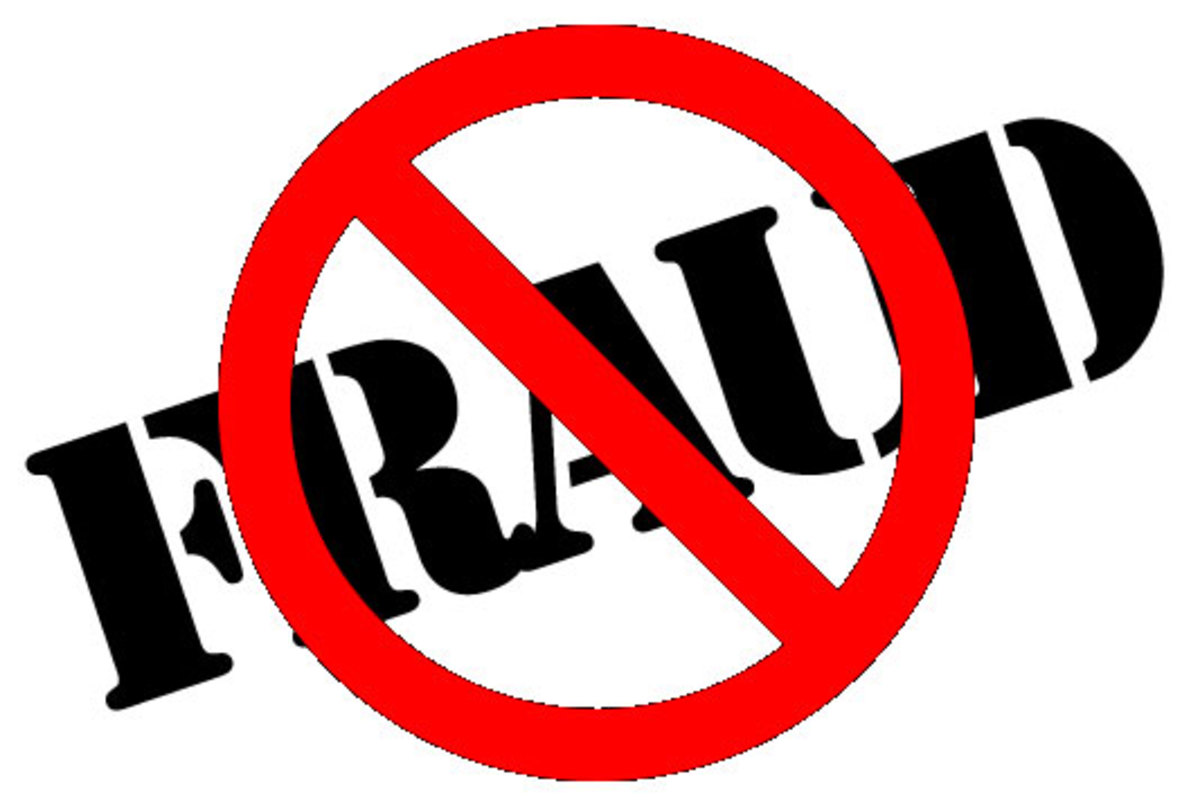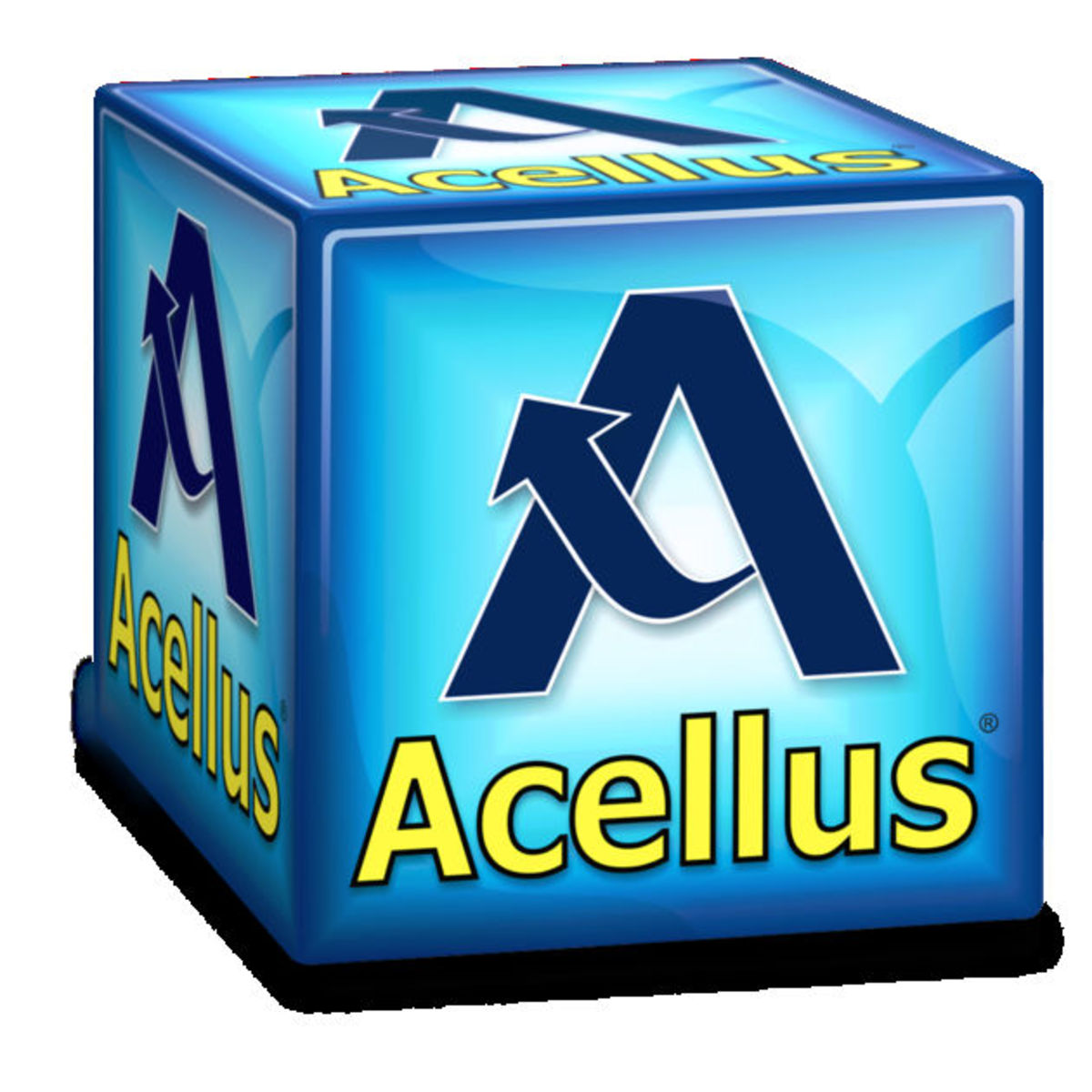Online Medical Assistant Programs: Is It Accredited?
If becoming a certified medical assistant sounds appealing to you, and you are researching the different schools and programs available, you may have noticed that there are several schools that offer online medical assistant programs. Many of the online programs are extremely inexpensive and claim it is possible to complete the program in as little as six weeks. Although it might be enticing to enroll, it is extremely important to find out if the program you are enrolling in is accredited by the appropriate agency before you decide to enroll.
The two agencies that accredit certified medical assisting programs are: Commission on Accreditation of Allied Health Education Programs (CAAHEP); Accrediting Bureau of Health Education Schools (ABHES). I will provide the links to the agencies at the end of this hub.
Let me explain, briefly, why it is important for a medical assisting program (or any school or program) to be accredited by a legitimate, appropriate agency:

What is Accreditation?
A school or program that is accredited means that it has been recognized by either a governmental agency or a non-governmental agency that has vouched for the school or program; that it meets acceptable levels of quality in education. The US Department of Education determines which agencies are appropriate to accredit schools and programs.
There are two types of accreditation. The first is for the institution itself, pertaining to the actual college or post-secondary school.
The second accreditation is for the program. This pertains to the actual program or course, because even though an institution (school) may be accredited, a particular program the institution offers may not be accredited.
By being accredited, a school/program:
--ensures the curriculum meets acceptable standards
--helps students to identify acceptable institutions for obtaining higher education
--establishes criteria for professional certification and licensure
--is able to provide federal assistance (grants) to students
Now, I am sure that you noticed I put in bold the phrase “by a legitimate, appropriate agency”. This is because any school and/or program can claim accreditation by an agency that is not recognized by the US Department of Education. The US Department of Education has a list of acceptable accrediting agencies for all higher education schools and programs. If you enroll in a school or program accredited by an agency that is not recognized, you will likely find that the diploma or certificate you received is worth absolutely nothing.
For example, the top result in a google search for “online medical assistant programs” is St. Augustine School of Medical Assistants. Although the school claims to be accredited, the agency that issued the accreditation is the National Accreditation and Certification Board, which is not found as an accrediting agency in the US Department of Education database, and the program is not found in the CAAHEP and ABHES databases.
Since St. Augustine School of Medical Assistants is the top result for this search, I am going to elaborate on the program as an example of “alerts” for medical assistant programs that claim to certify you through an online course but might be more of a waste of time and money.
Aside from being accredited by an unrecognizable accrediting agency in the United States, the actual location of the company is in the British Virgin Islands. It is important to always take notice of the actual location of the company. If it is located out of the United States, chances are, the school is not accredited through a legitimate agency listed by the US Department of Education.
The current “special enrollment fee” is $645.00 (usually $1215.00). The company will not issue any refunds on enrollment and registration fees and tuition if you are dissatisfied and/or decide to withdraw from the course before completion. Although enrollment and registration fees are usually non-refundable by many schools, pre-paid tuition for a medical assistant program, when the program is not completed, should be refunded on a pro-rated basis.
The company states the coursework can be completed in just 6-8 weeks. Becoming a medical assistant through a legitimate program, typically, is no less than 8 or 9 months. Any program, whether online or not, that offers a medical assistant certification in less than 8 months, should alert you immediately to verify that the school and/or program is legitimate.
Additional Warnings and Information:
Use Common Sense:
Because some of the job duties for a medical assistant are drawing blood and giving injections, this requires hands on training. The reality is that finding a legitimate online program that offers low cost, speedy education, and “virtual” courses for medical assistants, without offering hands-on clinical training as part of its curriculum, might indicate the program is not accredited by a recognized agency.
As an example, Kaplan offers an online medical assisting program; however, it does state that not all coursework can be completed online and that clinical training and externship is required to complete the program. It also indicates that the program is accredited by The Commission on Accreditation of Allied Health Education Programs (CAAHEP), a recognized accrediting agency by the US Department of Education. This indicates that the online medical assistant program is legitimate and accredited by the appropriate agency; however, you should verify that the information is up to date by checking with the accrediting agency.
No Federal Grants:
If you find that the medical assisting program you are interested in enrolling does not have grants available, it might be due to lack of accreditation by a legitimate agency.
Sounds Similar:
You may find that a program or school is accredited by an agency that sounds similar to a legitimate agency. Don't be under the impression that this is a typo. It isn't.
Hopefully, I have assisted you with understanding the importance of accreditation and have helped you to locate an appropriate certified medical assistant program, whether it is online or not.
The link here is to the American Association of Medical Assistants, which will give you directions on how to search for school accreditations and the links to both credentialing agencies for a certified medical assistant program.
For more information about accreditation, the US Department of Education link is here.



![Education - Solution 3 - Revamp How Education is Organized in America. [33]](https://usercontent2.hubstatic.com/4346237_f120.jpg)




